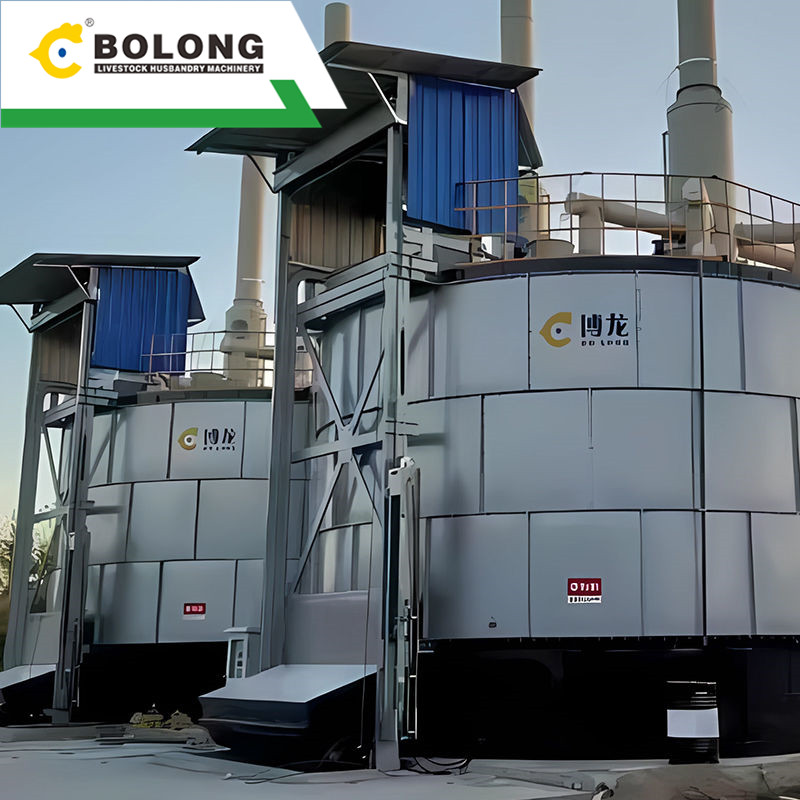
Enhanced short chain fatty acids production from anaerobic fermentation
2023/2/20/ · He et al. (2022) proposed a new strategy of freezing followed by low-temperature caused by the excessive proliferation of microorganisms in the biological treatment unit ... Clarifying the role of free ammonia in the production of short-chain fatty acids from waste activated sludge anaerobic fermentation. ACS Sustain. Chem. Eng., 6
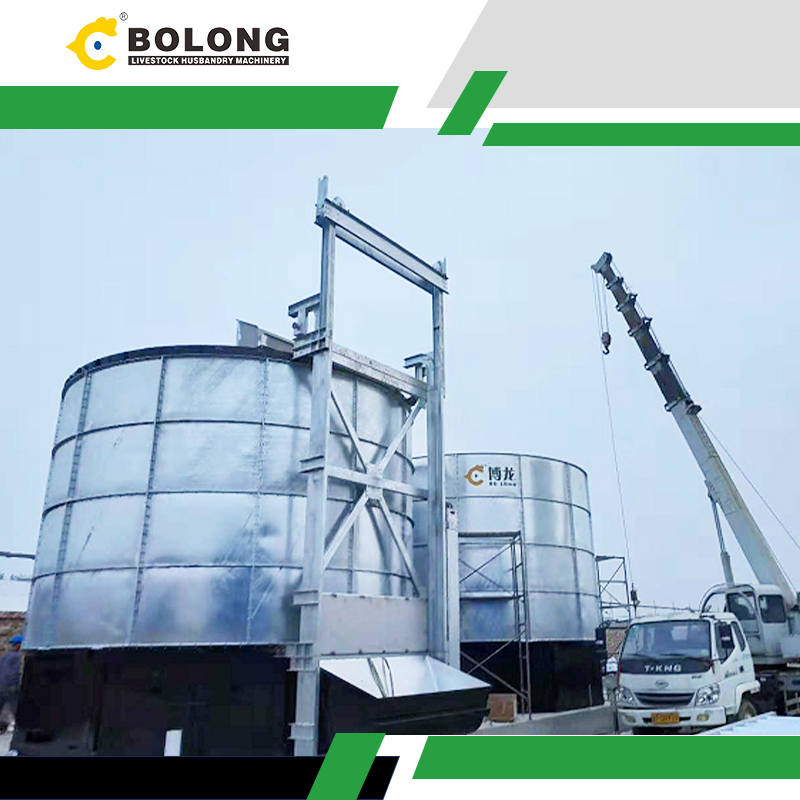
Anaerobic fermentation for biogas production - ScienceDirect
2024/1/1/ · Aside from agricultural waste products, there are crops grown solely for fuel generation, called energy crops. Species like maize, millet, and grass are commonly used for this purpose (Fig. 1).Agricultural waste is also the largest source of lignocellulosic biomass, constituting up to 40%–60% of livestock manure [9].Lignocellulose is a recalcitrant
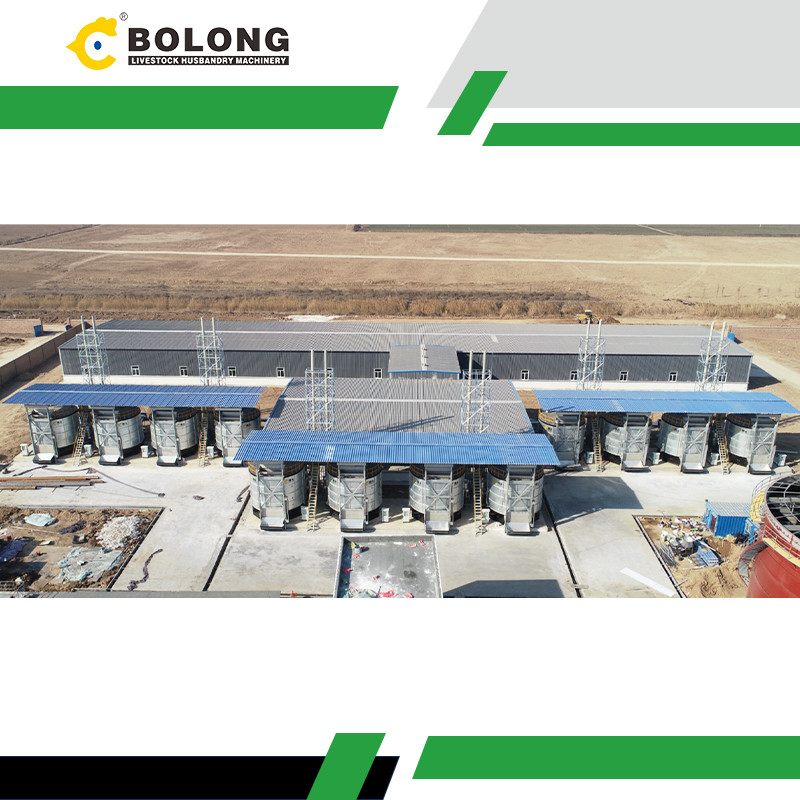
Industrial Fermentation: Principles, Processes, and Products
2015/1/1/ · Fermentation Unit Processes. Waste treatment systems usually use multistage systems with recycle. They frequently use step feeding of several stages to improve system stability. ... Strictly speaking, Y is not a constant, particularly at conditions of low growth rate because the maintenance requirement, m, of the biomass utilizes
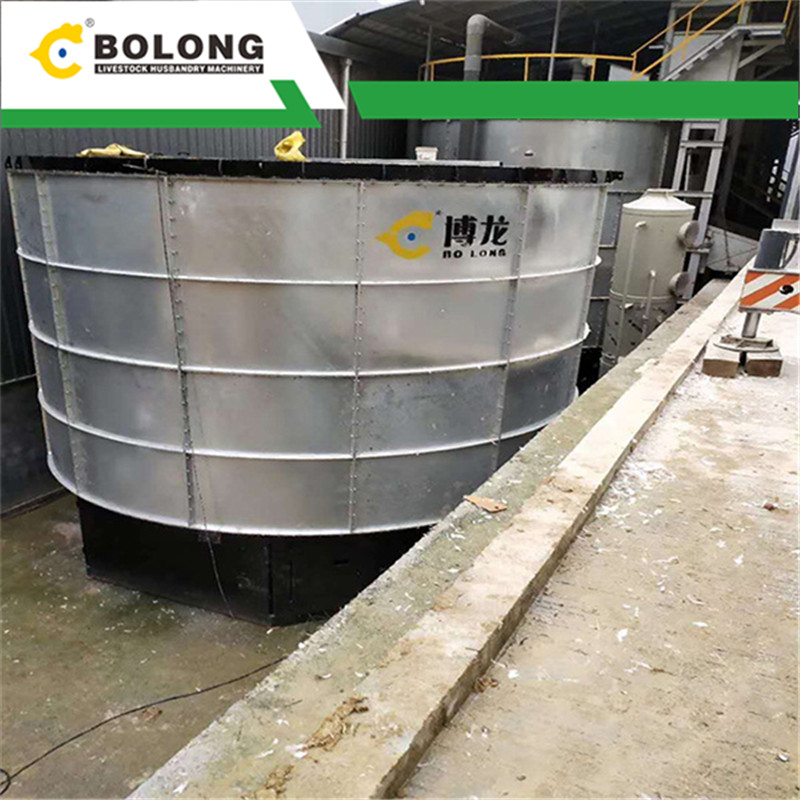
Impacts of seasonal variation on volatile fatty acids production of
2024/2/20/ · Furthermore, in practice, the content of alcohols and acids is not solely determined by the components of food waste. For instance, Feng et al. (2018) found that the primary component in the food waste fermentation broth is lactic acid when the pH ranges from 3.2 to 4.5. However, when the pH is between 4.7 and 6.0, the fermentation process
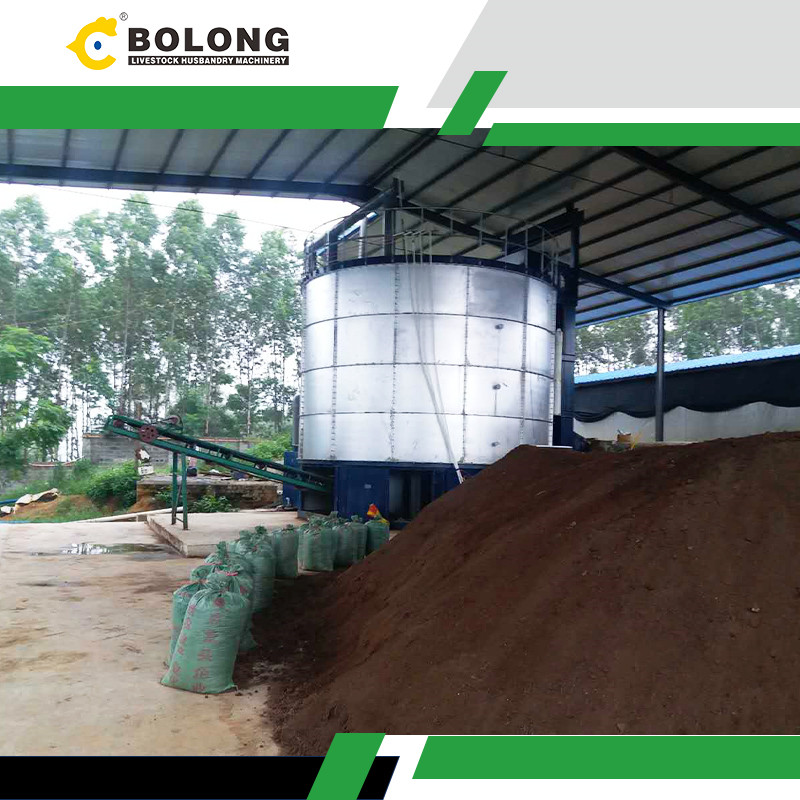
Fermentation | Free Full-Text | Hazop Analysis of a Bioprocess for
The number of bioprocesses for the circular economy of organic waste has grown in recent years. Implementation of new processes and technologies should consider occupational health and safety issues from the initial design stages. Among the process hazards analysis techniques, HAZard and OPerability (HAZOP) methodology is widely used for studying

Insight into performance of nitrogen removal enhanced
2024/5/1/ · It is imperative to note that lactic acid-type fermentation liquid (LAFL) markedly differs from VFA-rich fermentation liquid. During the fermentation process of food waste, lactic acid is preferentially produced during glycolysis due to its lower Gibbs free energy requirement compared to VFA (Holtzapple et al., 2022, Zhou et al., 2018).

Gas fermentation overview - National Center for Biotechnology
2016/5/11/ · Advantages of gas fermentation. Even with the extensive biomass processing required to produce cellulosic ethanol, the lignin, which can account for up to 40% of plant biomass does not get converted (Sun and Cheng, 2002; Abubackar et al., 2011).The use of the biomass in its entirety as a feedstock is a key advantage inherent to

Fermentation | Free Full-Text | Research on the Promotion of
2023/8/21/ · Polyaluminum chloride (PAC) is used widely and increasingly in wastewater treatment plants, resulting in its inevitably high production in sludge. Previous studies have indicated that the production of short-chain fatty acids (SCFAs) is inhibited by the existence of PAC in sludge anaerobic fermentation, so it is necessary to study how
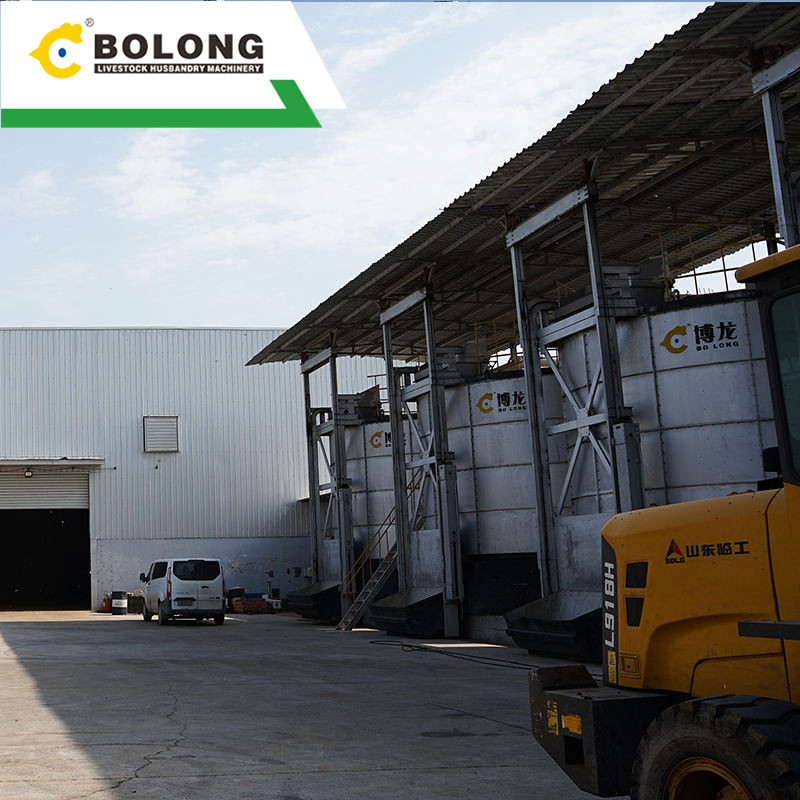
Characteristics and practical treatment technologies of winery
2023/9/15/ · Wine production involves harvesting grapes, de-stemming and crushing, pressing, fermentation, clarification, aging and storing, filtration, blending, and bottling (Fig. 1).Although harvesting and crushing fall in the vintage season that lasts 42–140 d (SWDE, 2017), winemaking activities may extend throughout the year.Winemaking generates
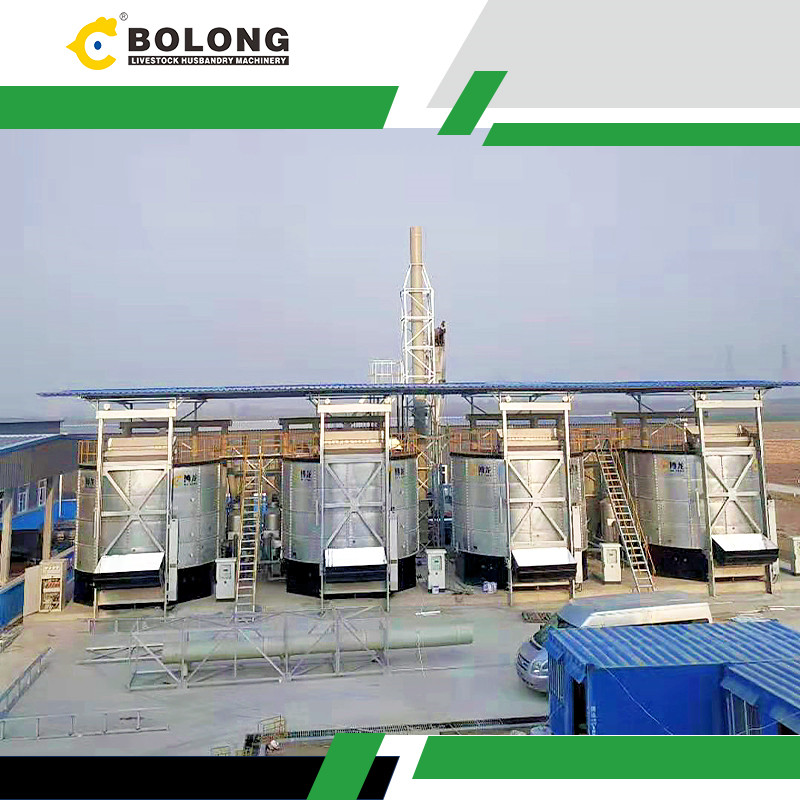
Enzyme enhanced lactic acid fermentation of swine
2024/4/1/ · Microbial fermentation, a method commonly utilized in the industry to produce LA, accounts for approximately 90% of LA production. This is largely due to its low production cost, high optical purity, and wide range of substrates (Agrawal and Kumar, 2023). In industrial LA processes, it is generally produced mainly based on starch or sugars.

Frontiers | Innovative Production of Bioproducts From Organic
2019/8/9/ · Tray reactors are often considered as the most suitable option, as it is a low cost equipment with low maintenance costs. A number of enzymes have been

Solid State Fermentation - an overview | ScienceDirect Topics
1 Introduction. Solid-state fermentation (SSF) is defined as the growth of microorganisms in moist, nonsoluble substrate with low water content [1,2]. SSF is employed in the production of enzymes such as pectinases [3], cellulases, xylanases and lipases [4], biopesticides, edibles products, and a wide variety of secondary metabolites [1].

Effective and Low-Maintenance IMTA System as Effluent Treatment Unit
2021/12/31/ · Integrated multitrophic aquaculture (IMTA) is a versatile technology emerging as an ecological and sustainable solution for traditional monoculture aquacultures in terms of effluent treatment. Nevertheless, IMTA is still poorly applied in aquaculture industry due to, among other reasons, the lack of effective, low-investment and low

From Saccharomyces cerevisiae to Ethanol: Unlocking the Power
2023/9/29/ · Most commercial ethanol fermentation facilities regularly experience chronic and unpredictable acute bacterial infection due to continuous yeast propagation and non-sterile fermentation conditions which halts the fermentation process [68,69]. Lactic acid bacteria are the main contaminants that prevent yeast growth and ethanol production.